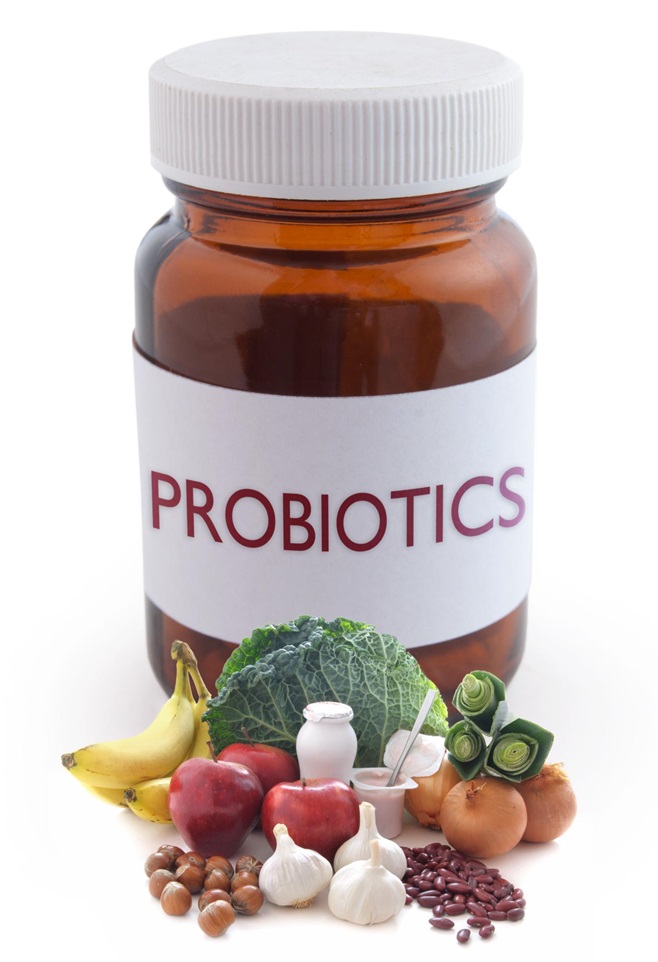Probiotics are becoming more and more well-liked around the globe. They provide several advantages, especially for your digestive system. Probiotics support a healthy immune system, aid with food absorption, and much more. But do you require probiotics? You need to rely on your body’s unique signals to know when it is time to start using these beneficial bacteria.

What Are Probiotics?
Live bacteria known as probiotics provide several health benefits when consumed in enough quantities. Usually, these beneficial bacteria are derived from different food starters during the process of fermentation. Their major role is to ensure a balance of the different types of microorganisms in your stomach, referred to as the gut microbiota.
Signs You Need Probiotics
What should make you try probiotics? Should you take them if you are already healthy? What are the conditions under which you should take probiotics? The following symptoms might indicate that you require probiotics:
- Digestive Problems: Your stomach is most likely in an abnormal and imbalanced state if you experience recurrent issues with bloating, diarrhoea, constipation, or stomach discomfort. Probiotics may contribute to improved bacterial growth and development as well as improved bacterial environments.
- Use of Antibiotics: Antibiotics work by rapidly removing all the poor bacteria in their system, and in the process, a person takes the drug without an equally balanced good bacteria in their digestive system. Taking probiotics can, in this case, help a person who might have been taking antibiotics reduce the risk of need associated with antibiotics.
- Frequent Illnesses: If you characterise yourself with frequent colds and other illnesses, if you seem to be getting infections all too easily, think about whether your immune system is getting all the support it requires from probiotics.
- Skin Issues: If your skin issue, such as acne, eczema, and frequent rashes, is a classic disturbance inside, it may be treated by reintegrating the equilibrium of bacteria found in the digestive tract known as probiotics.
- Mood Disorders: More and more empirical evidence is being discovered that indicates that probiotics have a role in mental health. If you suffer from either anxiety, depression, or poor temper control, then personal or mental factors are likely to be due to a bacterial imbalance. Thus, the gut and brain axis are maintained at normal levels by probiotics, which are essential in maintaining your mental well-being.
- Food Intolerances: If you feel lessening or allergic to a substance with lactose, gluten items, or components, it is probably caused by low inner health. Thus, probiotics can be helpful in rehabilitating your body by reducing digestive disturbances and the effects of food intolerance.
- Chronic Stress: Stress leads to variations in the types of gut bacteria and raises inflammation markers. Whether you lead an anxiety-filled lifestyle or are regularly confronted with overburdening stresses, involving probiotics in your way of life might be one way to help your stomach remain strong and keep stress-related disorders at least partially in check.
- Irregular Bowel Movements: Probiotics may help if your bowel movements are often irregular, whether constipated or wet. They will also aid you in maintaining proper digestion.
Types of Probiotic-Rich Foods
Incorporating meals high in probiotics into your diet can also support the maintenance of a balanced composition of gut bacteria and a healthy gut flora. These meals comprise a variety of probiotics. These are:
Yoghurt
Probiotics are well known to maintain a balanced environment in your gut or digestive system, the good bacteria that does this. Besides, a yoghurt starter culture is an excellent supply. Previously conducted research shows that probiotics might help counter lactose intolerance. They may also be useful in controlling flatulence, diarrhoea, and other digestive problems. Although more expensive, brands of probiotic with only specific strains are effective. However, any with “live and active cultures” will do.
Kefir
Shepherds in the Caucasus Mountains, which separate Asia and south-east Europe, are said to have noticed that the milk they carried had a tendency to ferment into a frothy drink. Similar to yoghurt, kefir is thick, creamy, and tart. It also develops some beneficial yeast strains and its own probiotic bacteria strains.
Sauerkraut
Choose the unpasteurized type. Most supermarket foods are pasteurised to kill beneficial microorganisms. Both sauerkraut and kimchi, a spicy Korean meal that is similar to it, contain vitamins that boost the immune system and avoid infection.
Miso
Miso made from fermented soybean paste, a frequent morning snack in Japan, may help stimulate your digestive system. It is widely used in a sour soup that is high in B vitamins and antioxidants yet low in calories.
Soft Cheeses
Studies suggest that probiotics help with digestion, but not all of the strains can pass through the acid-filled death pit of your stomach and intestines. Gouda and other fermented soft cheeses indicate that they have strains that are resilient enough to survive.
Sour Pickles
Look for sour pickles that have not been pickled with vinegar but are naturally fermented, which will give you probiotics. This is because when pickled in a solution of sea salt and water, one’s digestion system will be improved as good bacteria will form in the mixture.
Tempeh
This Indonesian burger uses fermented soybeans as a base, which makes it a natural antibiotic for combating some germs but also has a significant contribution of protein. The flavour of soybean is reported as nutty, smoky, and mushroom-like, and it can also be marinated and used as a diet meat substitute.
Kombucha
Black tea is made into kombucha, whose fizzy drink starts using a symbiotic consortia of yeast and bacteria known as SCOBY. it was first produced over 2,000 years ago in Japan and has been related to numerous health benefits; Kombucha is conclusively beneficial for a cleaned liver, more energy, and better digestion.
Conclusion
Having your gut bacteria in good condition is vital for your overall health. However, recognising the warning signs that one may need probiotics will allow you to be at the forefront of gut microbiome assistance and enhance digestive performance, your immune system, and more. The simplest and easiest way to eat the daily amount is to eat probiotics—fermented foods, supplements, and homemade options. If you are unsure whether to take it or any new Probiotics supplements or diets, or if you have specific health issues, ask a healthcare provider.


Comments are closed.